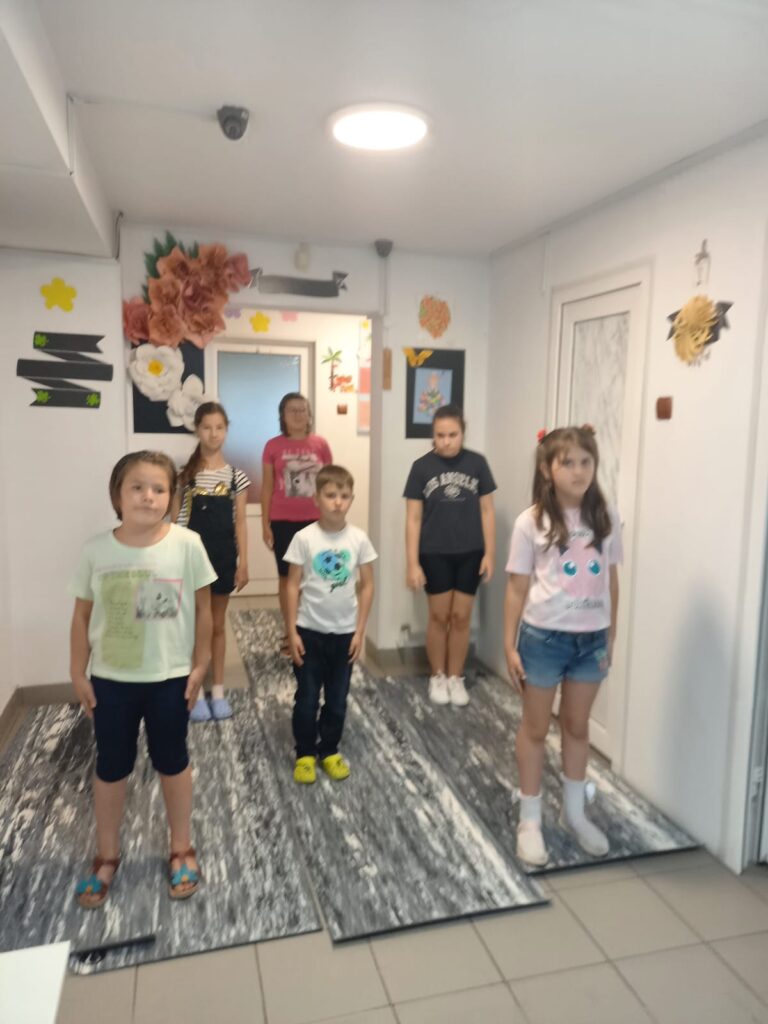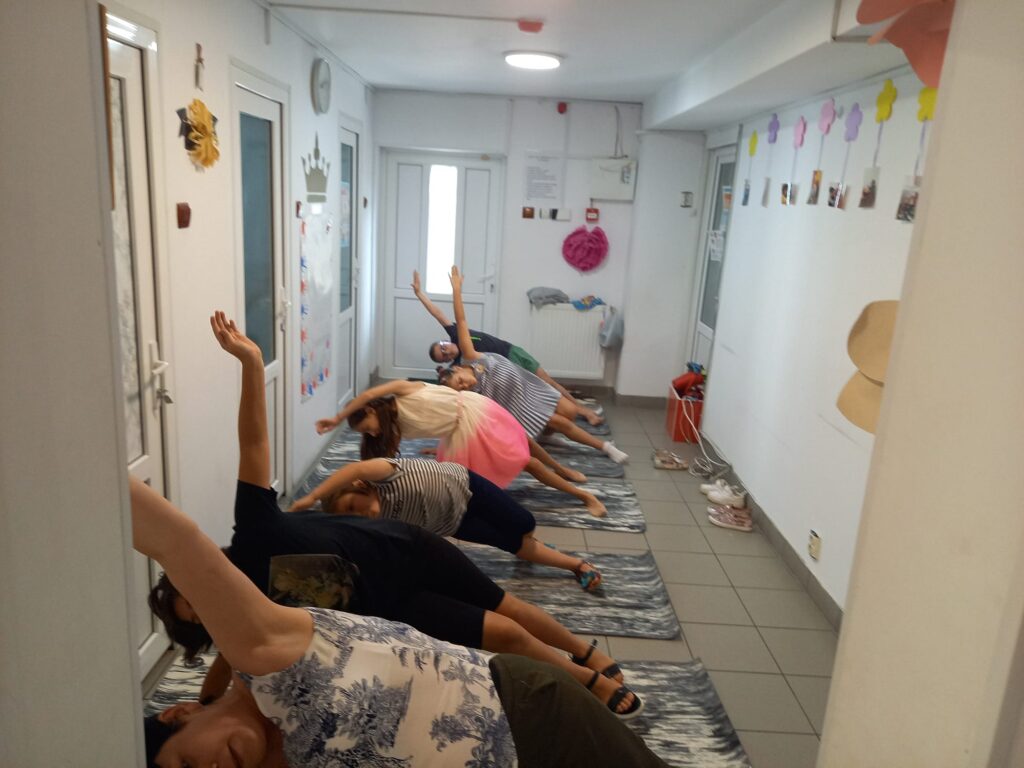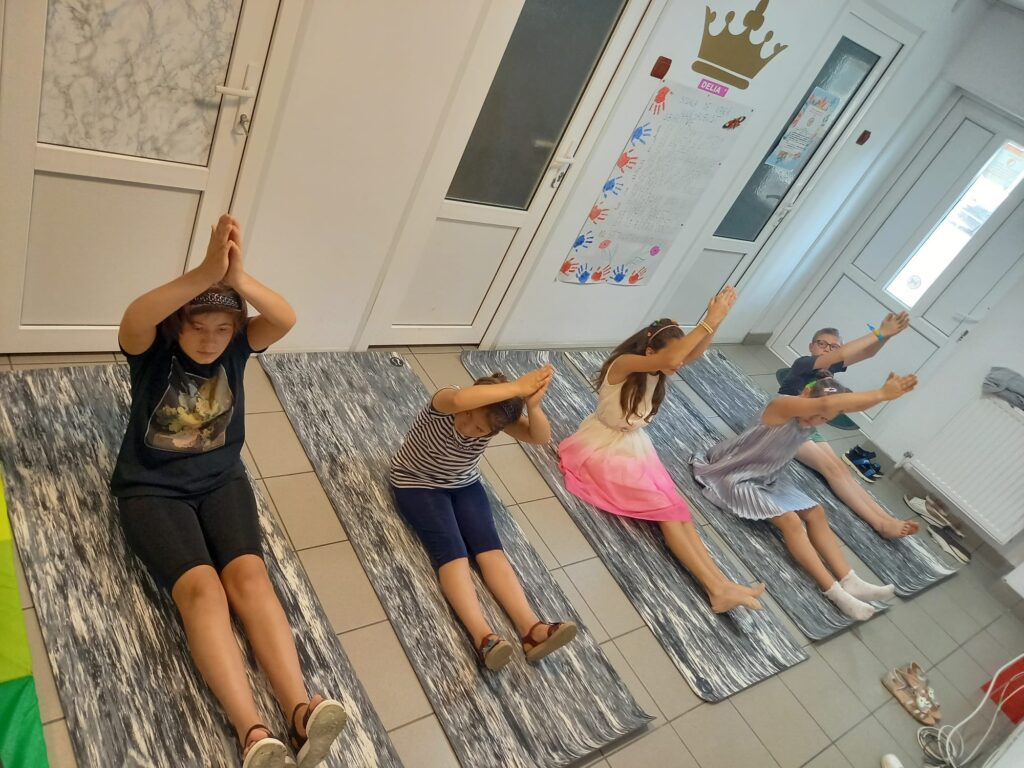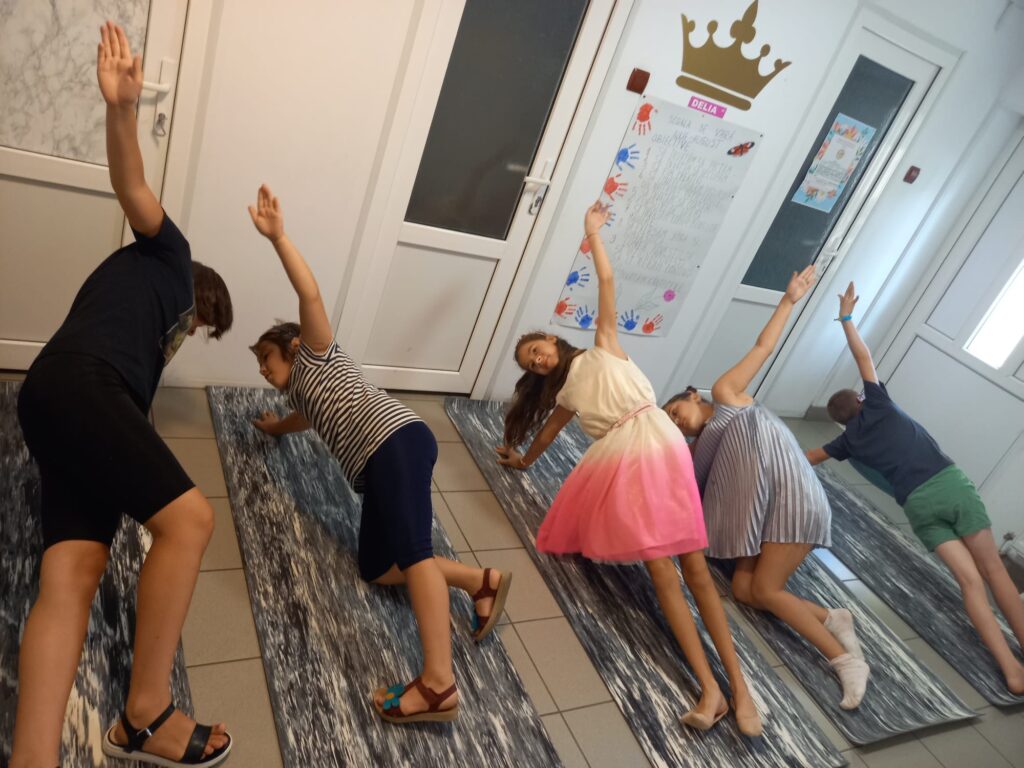Yoga, a centuries-old discipline, has gained recognition worldwide for its extensive physical, mental, and emotional benefits. In recent years, yoga has been implemented as an intervention strategy for children with special needs and those in the foster care or orphanage system. This blog post aims to shed light on yoga’s benefits not only for the kids at Delia’s Learning Center but for all children.
## Physiological Benefits
Yoga is highly adaptable to individual needs, making it an excellent physical exercise for children with special needs. It helps to enhance flexibility, strength, coordination, and body awareness. The various poses or ‘asanas’ aid in improving gross and fine motor skills, which can be especially beneficial for children with physical disabilities or developmental delays.
Children in foster care, orphanages, and group home settings often experience prolonged stress and anxiety, leading to many health problems. Yoga, with its emphasis on deep breathing and calming postures, can help to reduce stress hormones and enhance immune system function, thereby improving overall health and well-being.
## Emotional and Psychological Benefits
Children with special needs and those in the foster care system frequently grapple with emotional and behavioral issues. Yoga can offer a safe, non-competitive environment where these children can learn to manage their emotions better.
Practices like meditation and mindfulness, integral parts of yoga, help to enhance self-regulation, focus, and attention. They also promote an increased sense of calm, reduce impulsivity, and improve coping with stressful situations. Yoga allows children to explore their feelings and express themselves in a controlled, therapeutic setting.
Yoga can be a healing tool for orphans and foster children who may have undergone traumatic experiences. By focusing on the mind-body connection, yoga provides a framework for children to reconnect with themselves safely and positively.
## Social Benefits
Social interaction can often challenge special needs, foster, and orphaned children. Group yoga classes can act as a platform for these children to develop social skills. The shared experience of yoga can cultivate empathy, patience, and the ability to cooperate with others. It also fosters a sense of community and belonging that can be particularly beneficial for children who might feel isolated due to their circumstances.
## Promoting Self-esteem and Confidence
Yoga helps children build a strong sense of self. With each pose they master, they gain a sense of accomplishment, boosting their confidence. Children can learn to appreciate their bodies, understand their unique capabilities, and embrace their individuality. This increased self-esteem and body positivity can be incredibly empowering for children who may have struggled with self-doubt due to their unique challenges.
## Conclusion
Yoga has many benefits that can significantly improve the lives of special needs, orphaned, and foster children. It helps them physically and offers immense emotional, psychological, and social benefits. However, the key to successfully implementing yoga is adapting the practices to suit the child’s unique needs and abilities.
Yoga offers these incredible children a pathway to achieve better health, happiness, and improved quality of life by providing an all-encompassing holistic approach to wellness. As more caregivers, therapists, and teachers understand and harness the power of yoga, we can give these children the support, care, and nurturing environment they need to thrive.




Responses